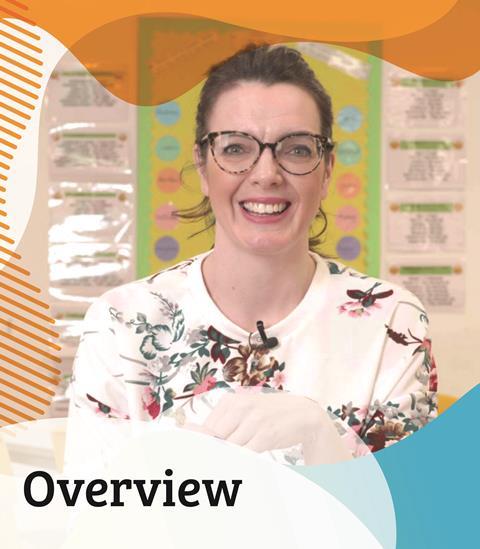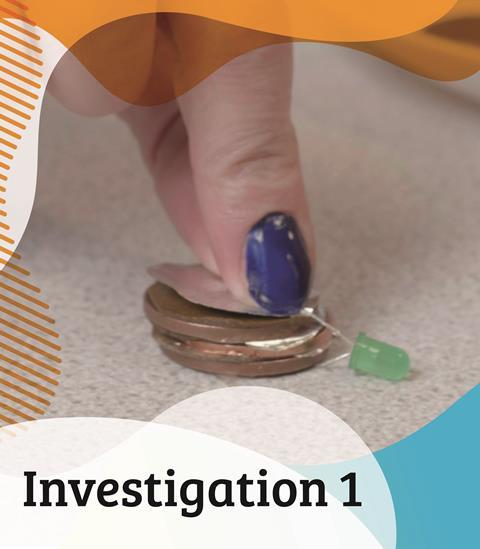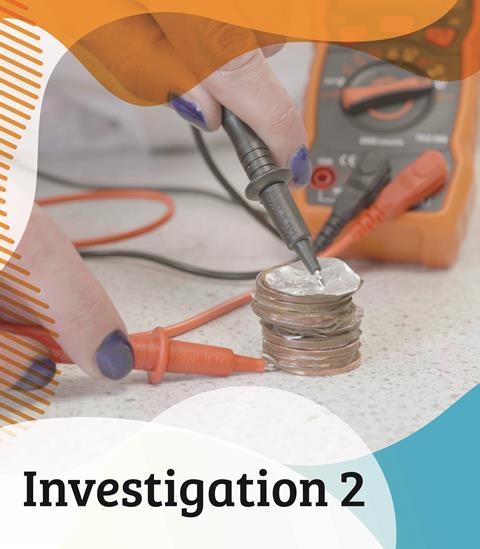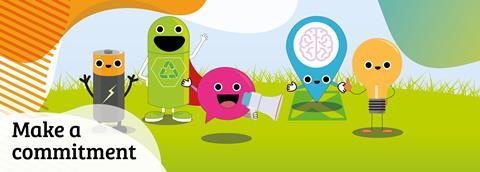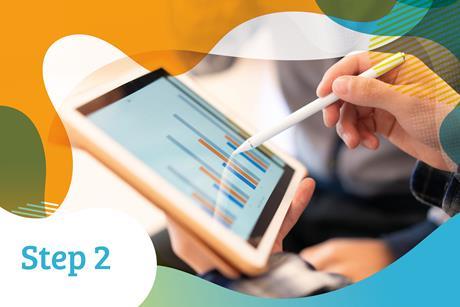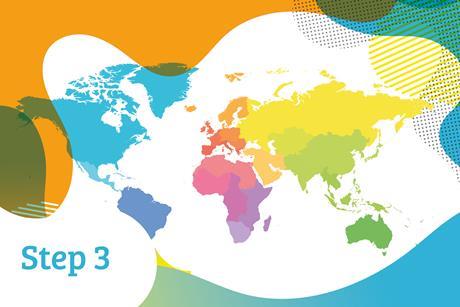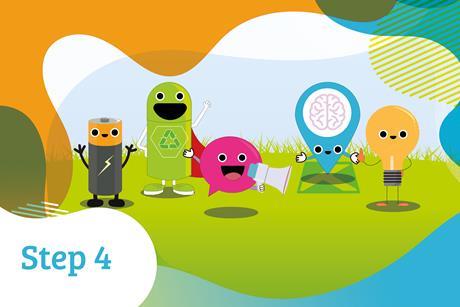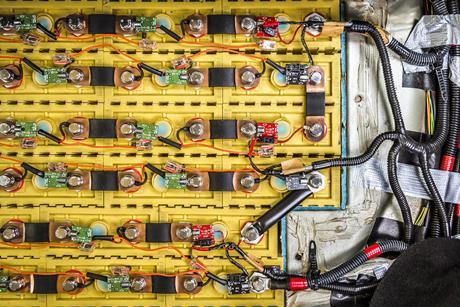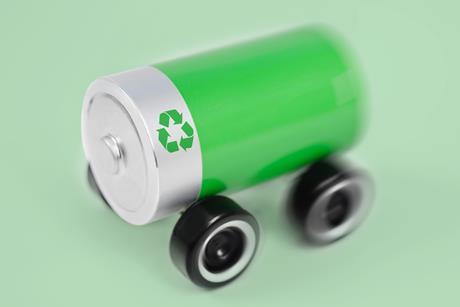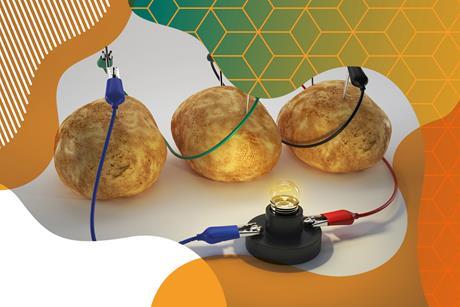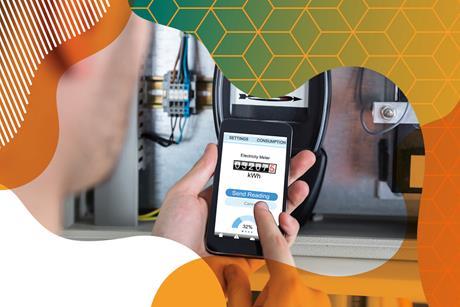Be part of a brighter energy future!
To tackle our growing climate crisis, we need to move away from fossil fuels and embrace electrification. A crucial part of this journey is bigger and better batteries; we need them to be a sustainable storage solution to ease our energy transition.
Taking part in our global battery experiment will give you the opportunity to explore the science behind batteries – and why they are such an important part of our bright energy future.
How it works
Why are we doing this?
At the moment, we have disposable alkaline batteries – which we use in items such as remote controls, toys and tools – and rechargeable lithium-ion batteries, which are mainly used in phones, tablets and electric vehicles. But to power and heat our homes and other buildings without using fossil fuels, we need bigger, better batteries – and we will need scientists to develop them.
Taking part in our global battery experiment will help you to understand how batteries work and their huge potential as a tool in the transition to more sustainable sources of energy. And it might inspire you to study further and even pursue a career as a scientist working towards a brighter energy future.
The global battery experiment will run until 31 July 2023, so you can take part and share your results at any time before then.
Discover more on this topic
Further support for teaching about batteries
Recycling lithium from electric vehicle batteries
New power, old batteries
Electricity and batteries | 7–9 years
Electricity production and use | 9–11 years
Lithium: separation, mining and battery power | 11–14 years
- Previous
- Next

